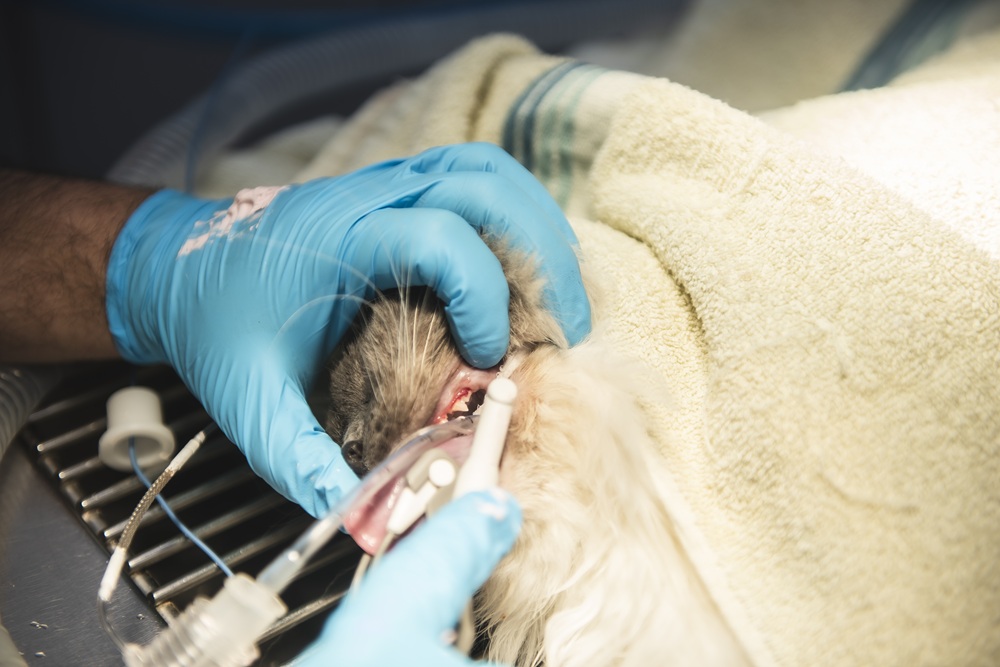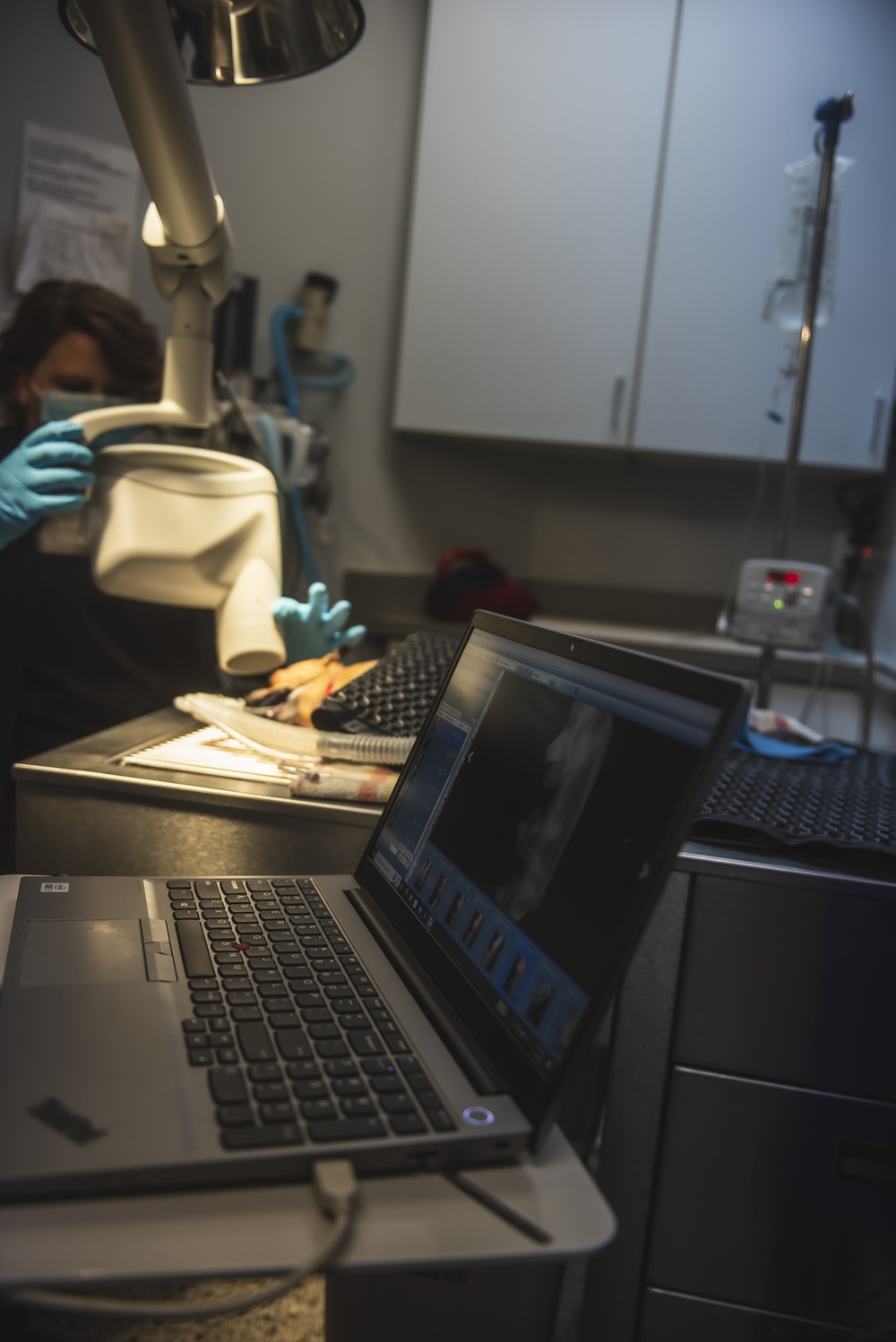Stomatitis in Pets: Dogs & Cats
Stomatitis is a painful and often chronic inflammatory condition affecting the mouths of both dogs and cats. At Elevate Pet Dentistry, our team is trained to detect, treat, and manage this complex condition—helping your pet regain comfort, function, and quality of life.


